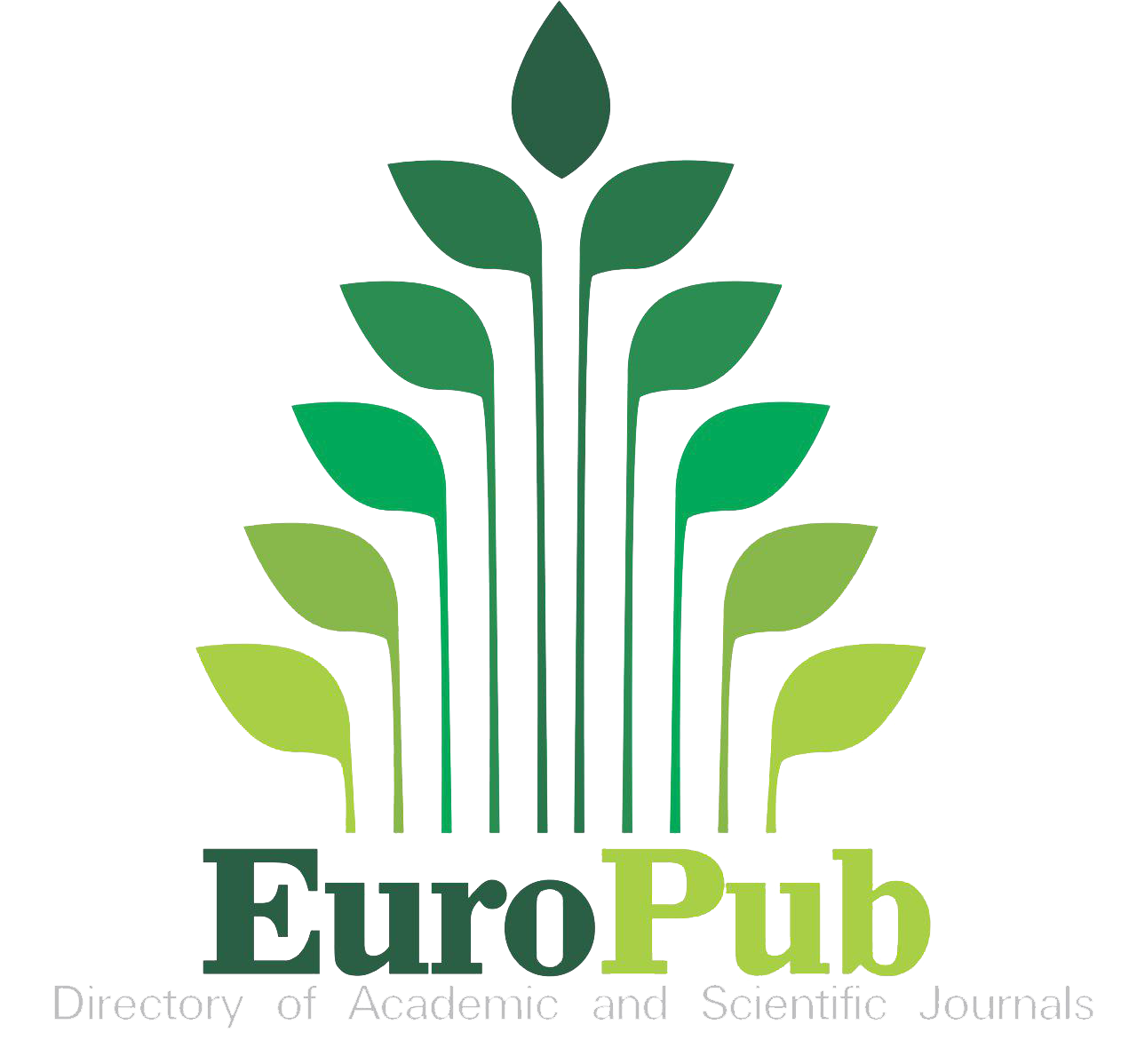Exploring Pre-Service Teachers' Readiness to Embrace Digital Literacy Skills in English Instructional Settings
DOI:
https://doi.org/10.35747/tefla.v4i1.638Keywords:
pre-service teachers, digital literacy, English instructional settingsAbstract
This study examines the implementation of digital literacy skills by pre-service teachers in English language classes in the context of the fourth industrial revolution (IR 4.0). Through qualitative methods including interviews and Likert scale questionnaires, data was collected from 24 pre-service teachers at UIN Antasari Banjarmasin. The findings reveal that pre-service teachers actively utilize digital technology in their classrooms and prioritize credible sources for teaching materials. However, they face challenges related to limited network access, inadequate facilities, and students' limited digital technology knowledge. The study highlights the importance of integrating media technology in class to foster student interest in learning, while emphasizing that it is a teaching technique rather than a crucial factor. It concludes that even without media technology, classes can still be effectively conducted. These insights contribute to understanding the digital literacy skills of pre-service teachers and the implications for English language instruction.
References
Anisa. (2022). Kemendikbudristek Ajak Generasi Muda jadi Guru Profesional melalui PPG Prajabatan. kemdikbud.go.id. Accessed on 25th November 2022, https://ppg.kemdikbud.go.id/news/kemendikbudristek-ajak-generasi-muda-jadi-guru-profesional-melalui-ppg-prajabatan.
Ashfiana, Raida. (2021). Indonesian Journal of English Language Teaching and Applied Linguistics, Pre-service English Teachers’ Strategies in Incorporating Character Education during the Teaching Practice Program at UIN Antasari Banjarmasin. Vol. 5(2).309-319. www.ijeltal.org.
Ata, R., & Yıldırım, K. (2019). Turkish pre-service teachers’ perceptions of digital citizenship in education programs. Journal of Information Technology Education: Research, 18, 419-438. https://doi.org/10.28945/4392
Bernadetha, N. (2020). The effectiveness of distance learning using social media during the pandemic period of covid-19: A case in universitas kristen indonesia. International Journal of Advanced Science and Technology, 29(7), 1764–1772.
Buckingham, D., & Willett, R. (Eds.). (2006). Digital Generations: Children, Young People, and the New Media (1st ed.). Routledge. https://doi.org/10.4324/9780203810668
Crystal, D. (2003). English as a global language. Cambridge University Press.
Karakuş, İ., & Kılıç, F. (2022). ‘digital’Overview At The Profiles Of Pre-Service Teachers: Digital Awareness, Competence And Fluency. Problems of Education in the 21st Century, 80(2), 324. https://doi.org/10.33225/pec/22.80.324
Kemendikbud. (2021). Kombinasi PTM Terbatas dan PJJ Solusi Cegah Learning Loss. Kemendikbud. Accessed on 21st November 2021, https://www.kemdikbud.go.id/main/blog/2021/09/kombinasi-ptm-terbatas-dan-pjj-solusi-cegah-learning-loss
Khosiyah, M., & Gunawan. (2019). Pengembangan Media Belajar Berbasis Android Pada Materi Tata Surya Untuk Siswa Sekolah Dasar. Elementa: Jurnal Prodi Pgsd Stkip Pgri Banjarmasin, 1(1), 1–8.
Nadia, H., Yansyah, Y., Kailani, A., & Rafidiyah, D. (2021). English Teachers’ Perception and Use of Technology During the COVID-19 Pandemic. IJECA (International Journal of Education and Curriculum Application), 4(3), 150-158. https://doi.org/10.31764/ijeca.v4i3.4906
Law, N. et.al (2018). A Global Framework of Reference on Digital Literacy Skills for Indicator 4.4.2. UNESCO Institute for Statistics, 6.
Liza, Khaira, and Erna Andriyanti. "Digital Literacy Scale of English Pre-service Teachers and Their Perceived Readiness Toward the Application of Digital Technologies." Journal of Education and Learning, vol. 14, no. 1, 1 Feb. 2020, pp. 74-79, doi:10.11591/edulearn.v14i1.13925.
Masyhura, N., & Ramadan, Z. H. (2021). Implementation of Digital Literacy in Elementary Schools. International Journal of Elementary Education, 5(4), 639–647. https://doi.org/10.23887/ijee.v5i4.39480
Mufidah, Nida. (2019). Dinamika Ilmu, The Development of Pre-Service Teachers’ Teaching Performance in the Teaching Practice Program at English Department of State Islamic University of Antasari Banjarmasin. Vol. 19 No. 1. http://doi.org/10.21093/di.v19i1.1469.
Nasution, A. K. R. (2019). YouTube as a Media in English Language Teaching (ELT) Context: Teaching Procedure Text. Utamax : Journal of Ultimate Research and Trends in Education, 1(1), 29-33. https://doi.org/10.31849/utamax.v1i1.2788
Nisa, A. (2022). Apa yang Dimaksud Bahasa Internasional? Ini Penjelasan dan Daftar Bahasanya. Bobo. Accessed on 23rd November 2022, https://bobo.grid.id/read/083509973/apa-yang-dimaksud-bahasa-internasional-ini-penjelasan-dan-dafar-bahasanya?page=all
Polat, M. (2021). Pre-Service Teachers' Digital Literacy Levels, Views on Distance Education and Pre-University School Memories . International Journal of Progressive Education, 17(5), 299-314. doi: 10.29329/ijpe.2021.375.19
Sahidillah, M. W., & Miftahurrisqi, P. (2019). Whatsapp sebagai Media Literasi Digital Siswa. Jurnal VARIDIKA, 1(1), 52–57. https://doi.org/10.23917/varidika.v1i1.8904
Salehudin, M. (2020). Literasi Digital Media Sosial Youtube Anak Usia Dini. Jurnal Ilmiah Potensia, 5(2), 106–115. https://doi.org/10.33369/jip.5.2.%25p
Solikhati, e. a. (2021). Investigating Teachers' Attitude toward Digital Literacy in EFL Classroom. Journal of Education and Learning (EduLearn), Vol. 15, No. 1, February 2021, pp. 97~103 doi:10.11591/edulearn.v15i1.15747
Solikhati, Hana Amri and Pratolo, Bambang Widi. (2019) The Implementation of Digital Literacy in EFL Learning: A Case Study in SMP Muhammadiyah 1 Temanggung. bachelor thesis, Universitas Ahmad Dahlan
Downloads
Published
How to Cite
Issue
Section
License
Copyright (c) 2023 TEFLA Journal (Teaching English as Foreign Language and Applied Linguistic Journal)

This work is licensed under a Creative Commons Attribution-ShareAlike 4.0 International License.



















